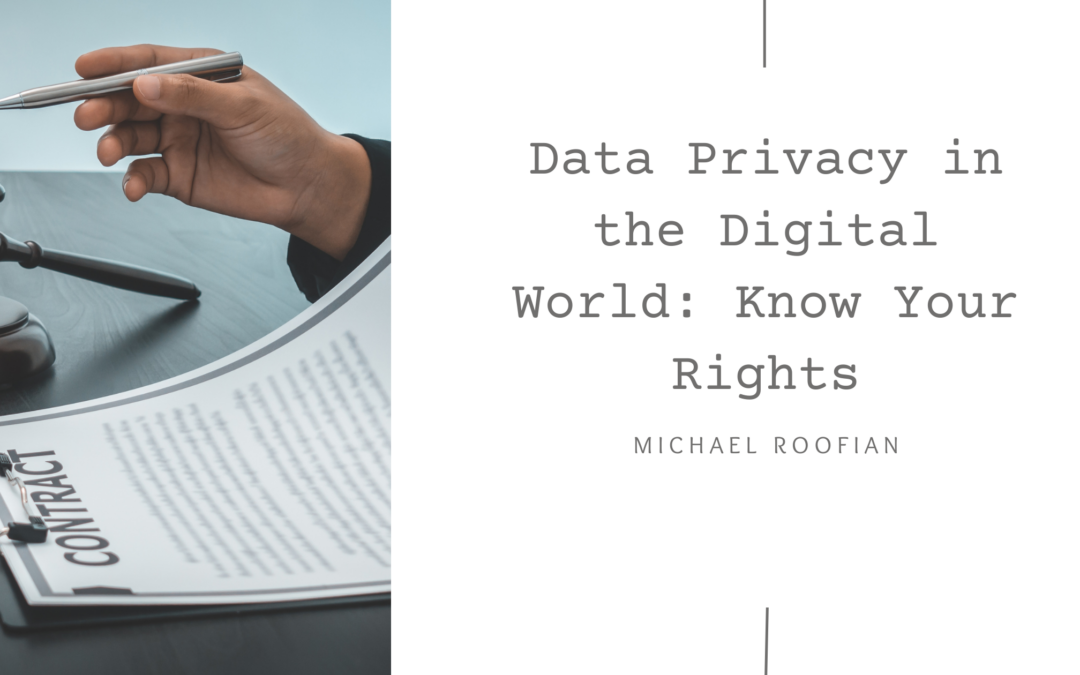Data privacy has become a paramount concern in an era dominated by digital interactions. As individuals navigate the online landscape, understanding data privacy rights is essential for protecting personal information from misuse. This blog explores the significance of data privacy in the digital world and empowers individuals to know their rights in cyberspace.
- The Scope of Personal Data: Personal data includes names, addresses, contact details, financial records, and online behaviors. Recognizing the scope of personal data is the first step in understanding the potential vulnerabilities individuals may face in the digital realm.
- The Right to Informed Consent: Individuals have the right to be informed about the collection and use of their data. Companies and organizations must transparently communicate the purposes for data collection and obtain explicit consent from users before processing their information. Knowing this right empowers individuals to make informed choices about sharing their data.
- Access and Correction Rights: Data privacy rights extend to the ability to access and correct personal information held by organizations. Individuals have the right to request access to their data and rectify inaccuracies. This ensures that the data used accurately reflects the individual’s identity.
- Data Portability: Some protection laws include the right to data portability, allowing individuals to request data in a structured, commonly used, and machine-readable format. This empowers users to move their data between service providers, promoting user control over their information.
- The Right to Erasure (Right to Be Forgotten): The right to erasure, also known as the right to be forgotten, enables individuals to request the deletion of their data under specific circumstances. This right helps individuals maintain control over their online presence and privacy.
- Security Safeguards and Breach Notifications: Data protection laws often require organizations to implement security measures to safeguard personal information. Additionally, in the event of a data breach that may compromise individuals’ data, organizations must notify affected parties promptly. Awareness of these provisions ensures that individuals are informed and can take necessary precautions.
- Educating Yourself on Privacy Settings: Digital platforms and services frequently offer privacy settings that allow users to control who can access their information. Familiarizing yourself with and customizing privacy settings on social media, apps, and online accounts enhances your control over personal data.
- Exercising Your Rights: Knowledge of data privacy rights is most effective when individuals actively exercise them. Whether it’s reviewing privacy policies, submitting access requests, or adjusting settings, actively protecting personal data contributes to a safer digital experience.
